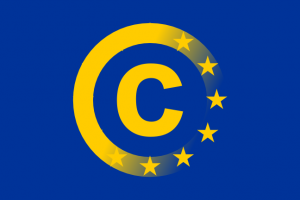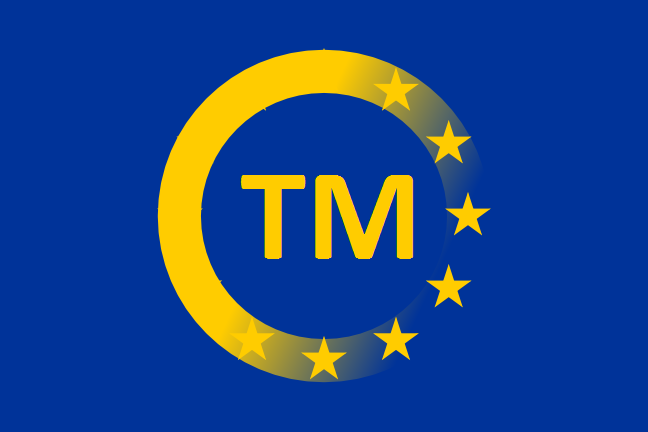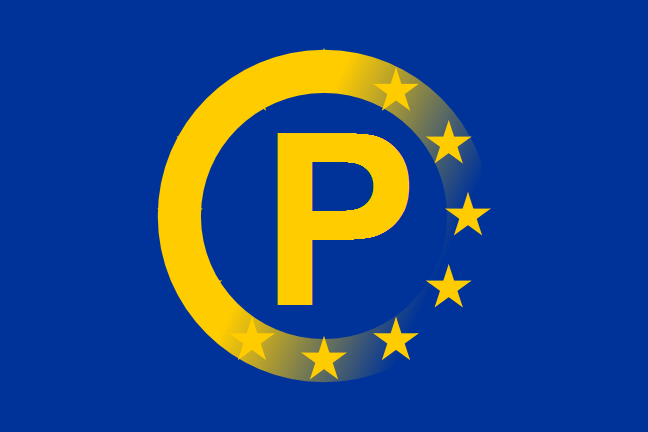Coverfoto van Rode Duivels is gerelateerd aan informatieve inhoud van het boek
Hof van Beroep te Brussel 12 november 2013, A.R. 2013/KR/234 (VZW Koninklijke Belgische Voetbalbond tegen N.V. Van Halewyck)
 Persoonlijkheidsrecht. Recht op afbeelding. Meningsuiting/persvrijheid. Appellant is de sportfederatie die de officiële vertegenwoordiging van het voetbal in België waarneemt en betoogt in te staan voor het beheer en exploitatie van de persoonlijkheidsrechten van de Rode Duivels (nationale A-voetbalelftal Heren). Van Halewyck bracht media september het Jaarboek Voetbal 2012-2013 op de markt met op de cover in kleur 7 Rode Duivels. In Kort Geding wordt de vordering ontvankelijk doch ongegrond verklaard.
Persoonlijkheidsrecht. Recht op afbeelding. Meningsuiting/persvrijheid. Appellant is de sportfederatie die de officiële vertegenwoordiging van het voetbal in België waarneemt en betoogt in te staan voor het beheer en exploitatie van de persoonlijkheidsrechten van de Rode Duivels (nationale A-voetbalelftal Heren). Van Halewyck bracht media september het Jaarboek Voetbal 2012-2013 op de markt met op de cover in kleur 7 Rode Duivels. In Kort Geding wordt de vordering ontvankelijk doch ongegrond verklaard.
Het recht op afbeelding als persoonlijkheidsrecht is het recht dat een individu beschermd tegen ongewilde aantasting van zijn beeltenis door elke mogelijke derde. Echter dit is geen absoluut recht en wordt bij publieke personen - zoals in casu - begrensd door het recht op informatie (art. 10 EVRM). De coverfoto werd genomen tijdens een officiële wedstrijd van de Rode Duivels, een publiek optreden in het kader van de sportbeoefening waaraan zij hun bekendheid hebben te danken.
Daarbij streeft het Jaarboek Voetbal 2012-2013 een informatief doel na. De intentie is duidelijk het publiek te informeren over het voorbije voetbalseizoen van de Belgische en Europese competitie en de voorrondes van de Belgische nationale ploeg voor WK 2014. Het heeft zodoende een algemene nieuwswaarde.
De coverfoto illustreert de inhoud van het boek en sluit aan bij de informatie die het boek verstrekt. Eigen aan een jaar- of seizoensoverzicht is dat er een bepaalde keuze moet worden gemaakt voor de afbeelding op de cover. Het kan niet zijn dat de cover een jaaroverzicht enkel zou kunnen bestaan uit een collage van afbeeldingen. De opgang en het succes van de Rode Duivels hebben een belangrijke nieuwswaarde in het voetbalgebeuren. De coverfoto is bijgevolg gerelateerd aan de informatieve inhoud van het boek en heeft zelf ook informatieve waarde. Het vormt geen commercieel gebruik waartegen appellant zich kan verzetten.
Dat de coverfoto 80% van de cover beslaat, sticht nog geen verwarring. Bij de aankoop van een boek zal een potentiële koper zich niet enkel baseren op de cover van het boek, maar ook op de korte inhoud ervan.
Leestips: overwegingen 11, 12 en 14.
Op andere blogs:
Peeters advocaten
 Auteursrecht. Toegepaste kunst. Zowel Knoll als Dimensione Direct Sales (DDS) verkopen meubelen naar ontwerp van Marcel Breuer en Ludwig Mies van der Rohe [red. enkel een werk van deze laatste is afgebeeld]. DDS maakt daarvoor reclame op haar internetsite, zoals zij eerder (in 2005/6) adverteerde in diverse (papieren) media. Verweerster is van mening dat de betreffende meubelen als werken van toegepaste kunst auteursrechtelijk zijn beschermd. Zij meent dat DDS met haar reclame het recht schendt dat Knoll heeft om het origineel of kopieën van het werk aan het publiek aan te bieden. Verweerster heeft op grond van auteursrechtelijke aanspraken gevorderd dat het verzoeksters wordt verboden om in Duitsland meubels aan te bieden die niet van verweerster afkomstig zijn en die overeenstemmen met de in het verzoekschrift weergegeven ontwerpen. Voorts heeft zij gevorderd dat verzoeksters informatie verstrekken, dat een schadevergoedingsplicht wordt vastgesteld en dat de uitspraak wordt openbaar gemaakt.
Auteursrecht. Toegepaste kunst. Zowel Knoll als Dimensione Direct Sales (DDS) verkopen meubelen naar ontwerp van Marcel Breuer en Ludwig Mies van der Rohe [red. enkel een werk van deze laatste is afgebeeld]. DDS maakt daarvoor reclame op haar internetsite, zoals zij eerder (in 2005/6) adverteerde in diverse (papieren) media. Verweerster is van mening dat de betreffende meubelen als werken van toegepaste kunst auteursrechtelijk zijn beschermd. Zij meent dat DDS met haar reclame het recht schendt dat Knoll heeft om het origineel of kopieën van het werk aan het publiek aan te bieden. Verweerster heeft op grond van auteursrechtelijke aanspraken gevorderd dat het verzoeksters wordt verboden om in Duitsland meubels aan te bieden die niet van verweerster afkomstig zijn en die overeenstemmen met de in het verzoekschrift weergegeven ontwerpen. Voorts heeft zij gevorderd dat verzoeksters informatie verstrekken, dat een schadevergoedingsplicht wordt vastgesteld en dat de uitspraak wordt openbaar gemaakt.

 Aan de auteursrechtelijke bescherming van werken van toegepaste kunst zijn in beginsel geen strengere eisen (meer) te stellen als dan aan "Werken der zweckfreien Kunst".
Aan de auteursrechtelijke bescherming van werken van toegepaste kunst zijn in beginsel geen strengere eisen (meer) te stellen als dan aan "Werken der zweckfreien Kunst". Met samenvatting van Bart Van den Brande,
Met samenvatting van Bart Van den Brande, 
 Uit het
Uit het 






















